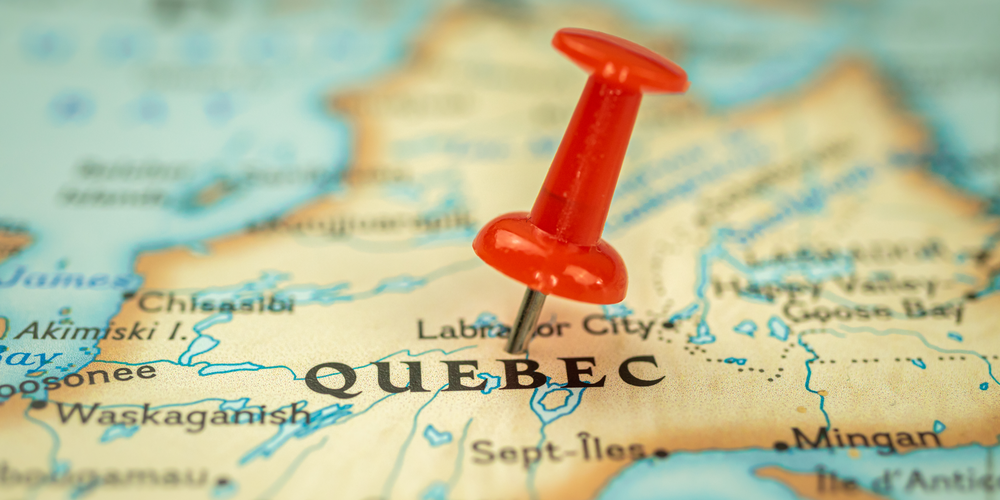
Quebec Online Gaming Coalition looking to emulate Ontario model of regulation
The coalition has been set up to promote regulation and responsible gambling in Quebec
A number of online gaming operators have convened to establish the Quebec Online Gaming Coalition (QOGC), an organisation focused on developing a new regulatory framework for the industry.
Working with the Quebec Government and local stakeholders, the QOGC is seeking “to address growing concerns about consumer safety, responsible gaming, advertising, and substantially increasing government revenues based on a new licensing regime for qualified private operators”.
The new regulation model is also believed to have been inspired from a similar legislation introduced in Ontario last year.
The eight founding members of the Quebec Online Gaming Coalition are:
- Apricot Investments
- Betway
- Bet99
- DraftKings
- Entain
- Flutter
- Games Global
- RushStreet
The QOGC was assembled in response to a recent survey conducted by Leger Marketing, which found that 66% of respondents are in favour of regulating private online gaming operators by establishing a licensing and tax system.
Another salient statistic to emerge from the findings was 71% of Quebec residents believe that their government cannot block private online gaming operators.
Furthermore, 75% agreed that the tax revenues generated by a regulatory framework for private online gaming sites should help fund social responsibility programs such as addiction prevention, with 64% agreeing that these additional revenues should help fund various government priorities.
Ontario inspiration
There have been previous attempts to implement a new regulatory framework based on a licensing model aimed at private operators, notably in a 2014 report – the Online Gambling Task Force – chaired by Dr. Louise Nadeau.
However, the report and its recommendations were shelved by the previous government.
Subsequently, the province of Ontario has grown to become an influential figure within Canada, launching a newly regulated market in April 2022 following a collaborative effort between iGaming Ontario (iGO) and the Alcohol and Gaming Commission of Ontario (AGCO).
Their model requires private online gaming operators to obtain a license before operating in Ontario, in order to access the market.
The two entities appear to have struck gold so far, with an Ipsos survey revealing a significant increase in the number of people gambling on regulated sites – rather than unregulated sites – at the start of the year.
It was further highlighted last month that Ontario had taken an estimated $35.6bn in total wagers and approximately $1.4bn in total gaming revenue (excluding OLG) – more than $380m of which came from private gaming operators – in its first year.
These numbers have helped propel the province into the top five gaming jurisdictions in North America.
With Ontario seemingly leading the way in Canada, the province of Quebec is looking to bridge the gap and strike its own success in the market.
Calling for an independent regulatory body in Quebec, the coalition stated: “As part of its mission, Coalition members will be promoting the benefits for the Government of Québec to create an independent regulatory body that will establish standardized controls on responsible gaming to protect vulnerable and underage players.
“To that end, Coalition members are also committed to contribute to the Fonds de recherche du Québec – Société et Culture to continue to study gaming behaviours and the ways in which the Coalition can protect and provide a safe and responsible gaming experience for Quebecers.
“The Coalition believes that the introduction of regulation would allow the Québec government to earn revenues over and above those already offered by the current system, and that these new funds should be reinvested in key sectors of the Québec economy.”